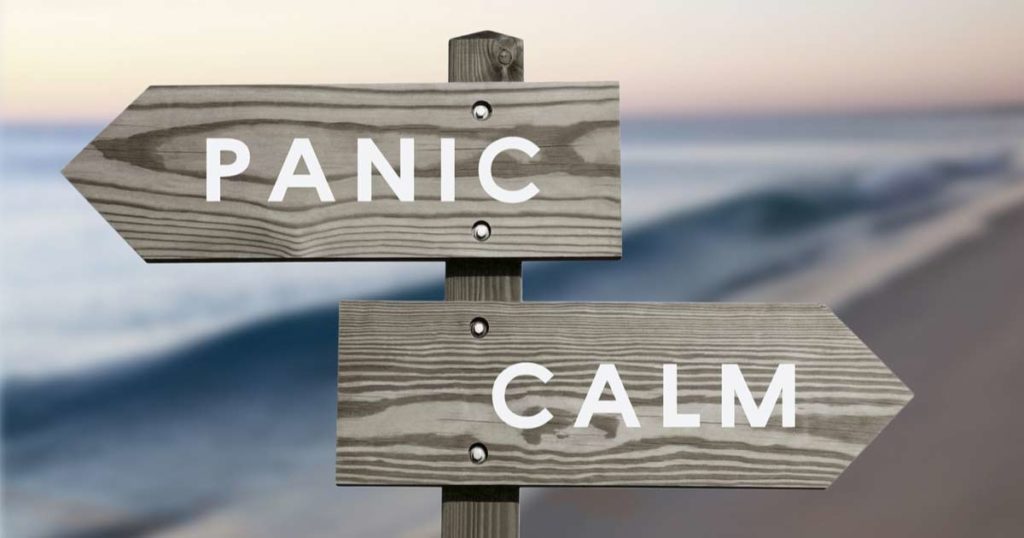“Mommy, I don’t feel good.” These words strike concern in every parent or caregiver’s heart, but when the symptoms include a galloping heart rate and shortness of breath, it can be very difficult to correctly identify the source as anxiety and panic attacks. Panic attacks come on suddenly and are frightening for children and caregivers alike because they really do feel like an “attack.” Being able to identify the symptoms can help ease these fears and help your family access the help you need quickly.
Symptoms of a Panic Attack
It can be tough for a child to describe the symptoms of anxiety and panic attacks. They may struggle to put into words all the different things they feel, because one of the symptoms is feeling overwhelmed and confused. Some of the most common symptoms of anxiety and panic attacks in children include:
- Rapid heart rate
- Shortness of breath, breathing is a struggle
- Dizziness
- Nausea
- Feelings of intense fear or dread, without any identifiable cause (fear of dying, fear of “going crazy” are common ways that children explain feeling overwhelmed with fear)
- Typical panic attacks last approximately 10 minutes. The first time an attack occurs, it is not unusual for parents to rush to the emergency room, only to have the attack subside in the waiting room.
Symptoms of Panic Disorder
Anyone can have one isolated panic attack. While scary and uncomfortable, one isolated incident does not mean your child has panic disorder. However, if your child continues to experience anxiety and panic attacks, it may be the beginning of an anxiety disorder. Schedule a visit to the doctor and be ready to answer the following questions:
- How often are these attacks occurring?
- How long do they last?
- Is your child starting to anticipate and dread the next attack? Is he or she avoiding places, people, or situations where attacks have occurred?
- Do they impact your child’s functioning at school or at home, with friends, or in other ways?
- Have you noticed any changes in your child’s sleep pattern?
- Has your child’s appetite changed? Have you noticed any weight gain or loss?
- Is your child suddenly more irritable or edgy than usual?
Anxiety and panic attacks often occur with depression, and sometimes treating the depression eases the anxiety and panic attacks. In general, anxiety disorders respond well to treatment and for most children, the prognosis is excellent. Be hopeful, be positive and be supportive as your child works with treatment professionals and gets better. https://healthyplace.com/parenting/anxiety/panic-disorder-children-adolescents/https://www.webmd.com/children/guide/anxiety-disorders-in-children#1



